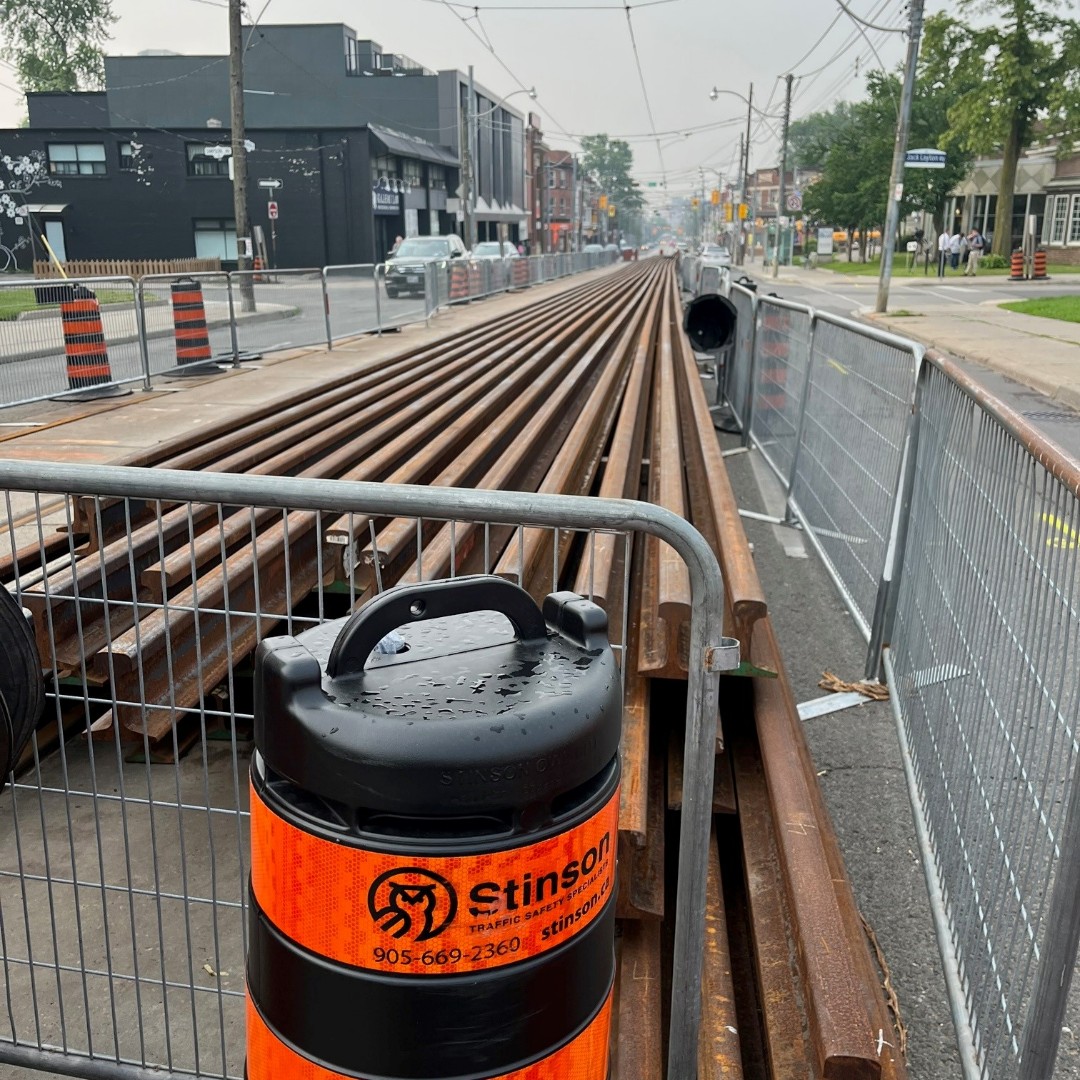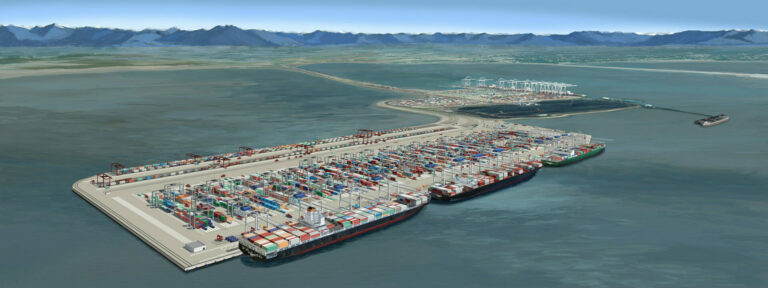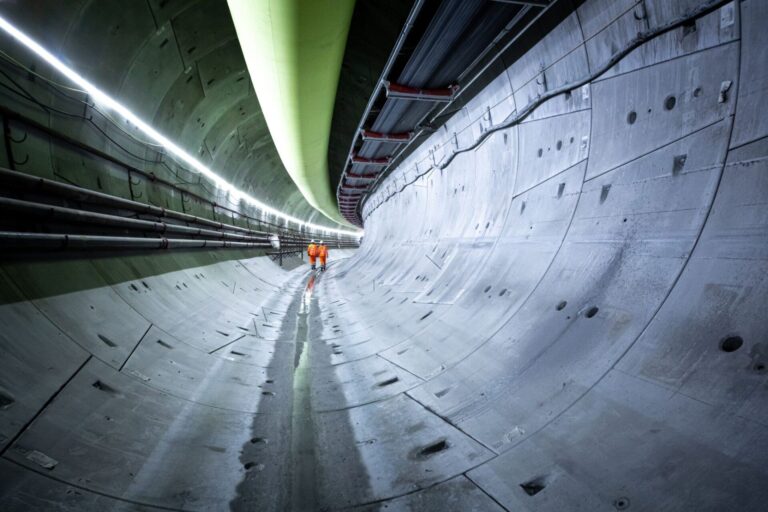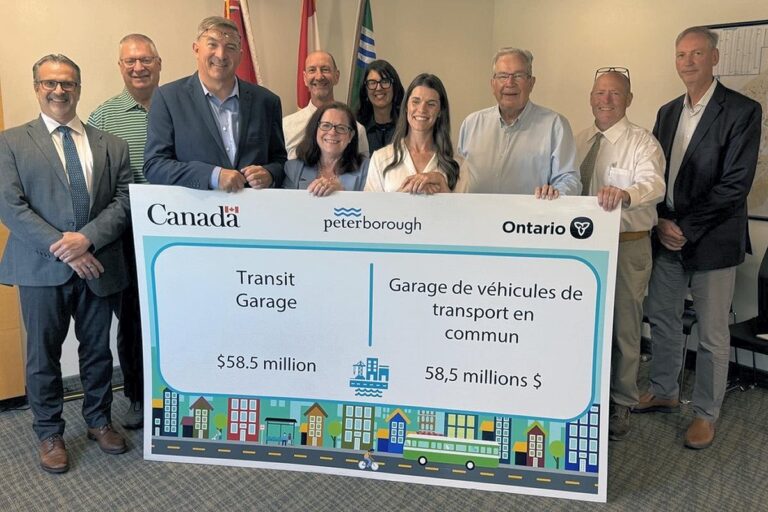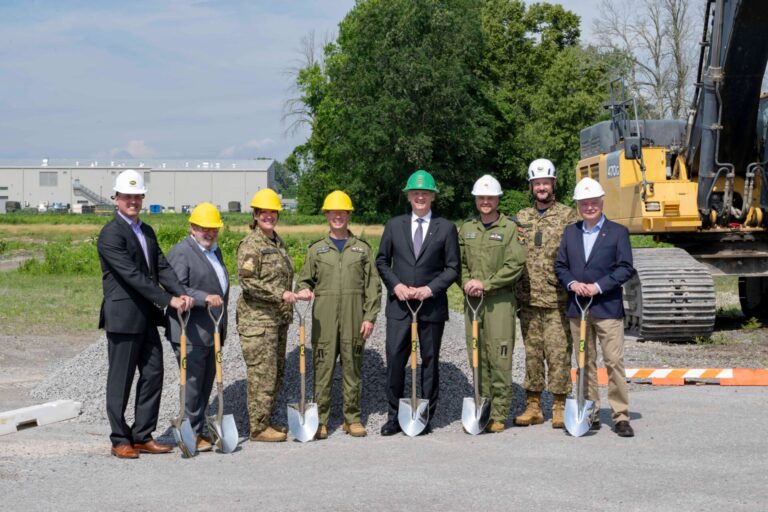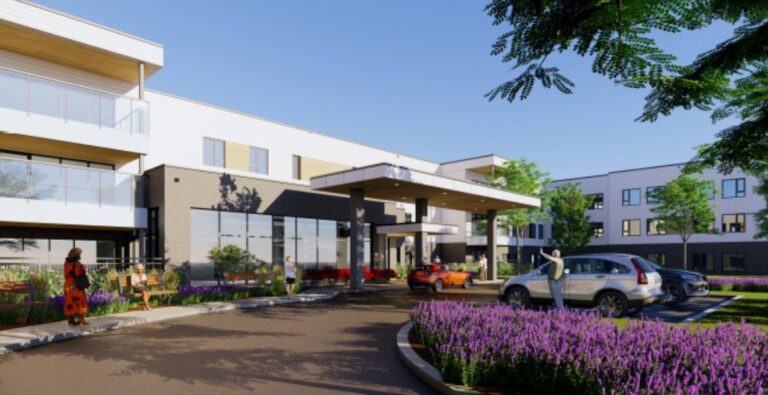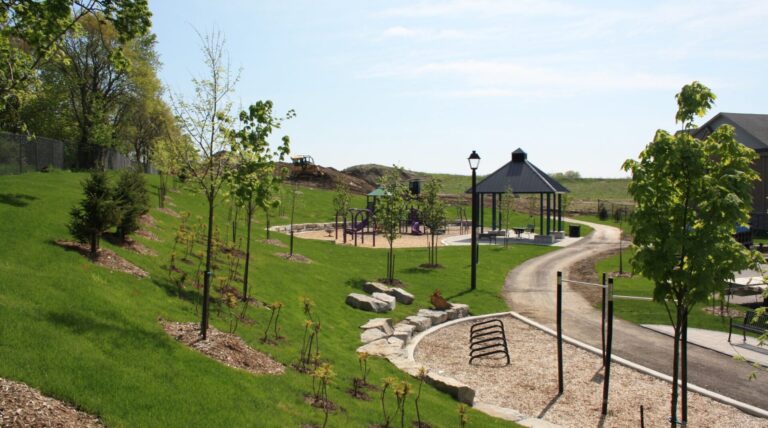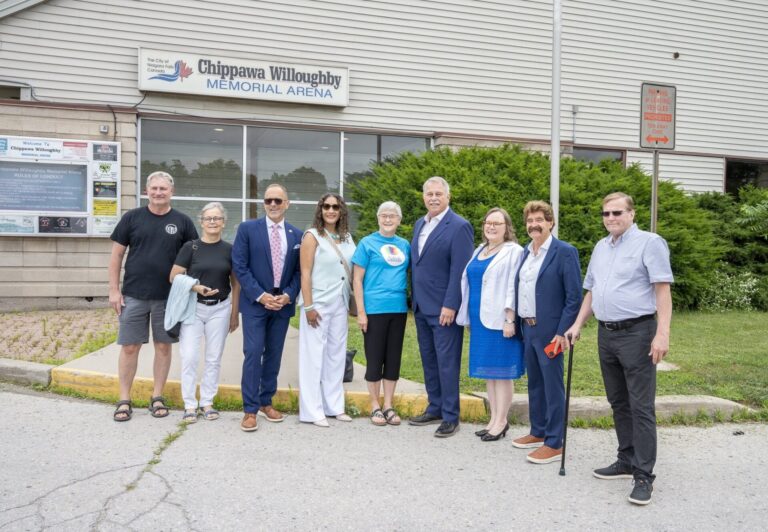The Toronto and Area Road Builders Association (TARBA), the Greater Toronto Sewer and Watermain Contractors Association (GTSWCA) and the Heavy Construction Association of Toronto (HCAT)—whose members collectively are responsible for 75 per cent of the City of Toronto’s total construction capital spend—are calling on the City of Toronto to improve procurement practices to accelerate project timelines, mitigate traffic congestion, and reduce overall costs.
“We are still using infrastructure that was put in place by our grandparents, and we are now seeing the impacts of underinvestment from past decades with this summer’s flooding and ongoing lack of affordable housing,” said Patrick McManus, executive director of GTSWCA. “With Toronto’s continued growth and changing climate, delaying investments and halting construction is not an option, and less bureaucratic delays will only help get projects built faster and reduce continued traffic congestion.”
“While lane closures during construction may be seen as a nuisance for commuters and local businesses, they are crucial safety features in construction work zones that protect both workers and the public and allow space for essential equipment and waste disposal,” said Raly Chakarova, executive director at TARBA. “Increasing fees for this necessary safety buffer between active traffic and construction zones will not alleviate congestion, but it will increase building costs for taxpayers.”
“The competing priorities of accelerating construction timelines and maintaining acceptable noise levels for city residents make it clear that 24/7 construction has limitations in densely populated areas,” said Peter Smith, executive director at HCAT. “This approach can only be effectively implemented under specific circumstances and must be included in project planning documents at the time of tender so it can be priced accordingly.”
TARBA, GTSWCA, and HCAT jointly proposed five ways to accelerate construction timelines, alleviate traffic congestion, and reduce taxpayer costs:
- Early Tendering and Faster Project Award By tendering and awarding projects, like road maintenance and sewer expansion, earlier in late Fall or early Winter for the following year, the City can maximize the construction season while receiving more competitive pricing.
- Incentivize Project Acceleration Offering incentives for early project completion, rather than just penalties for delays, can expedite construction timelines.
- Empower Decision-Making by Project Manager: Project managers should have the authority to make decisions during design conflicts to manage disputes and prevent construction delays.
- Better Coordination and Communication Improving project coordination and clear communication with residents can reduce disruptions and maintain public trust.
- Promote a Culture of Innovation Proactive collaboration between city officials and contractors on risk-sharing and modern procurement models can help unlock efficiencies.
Featured image: (City of Toronto)

